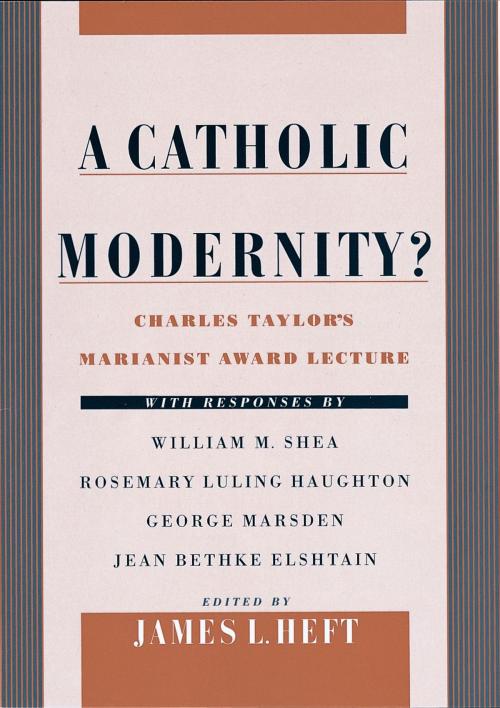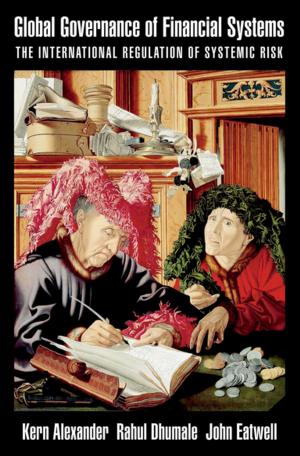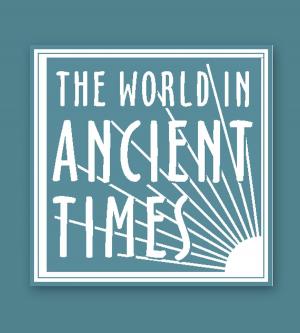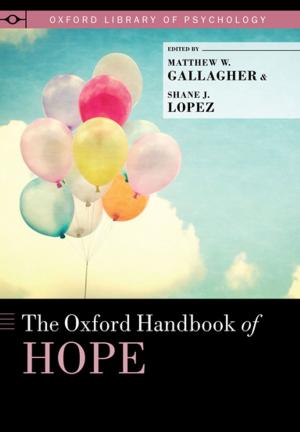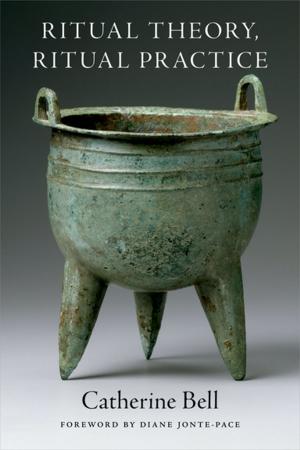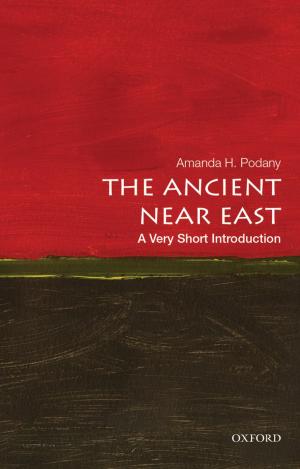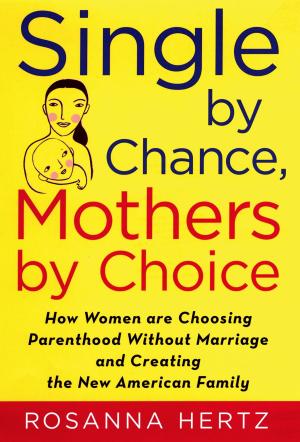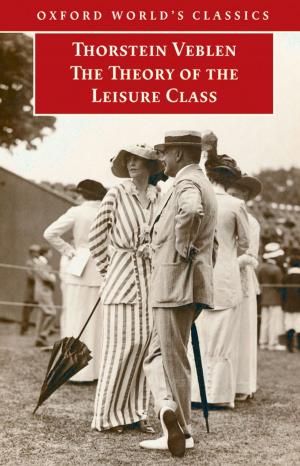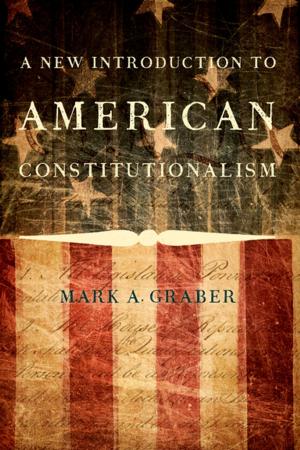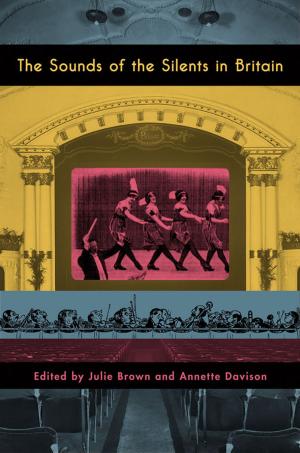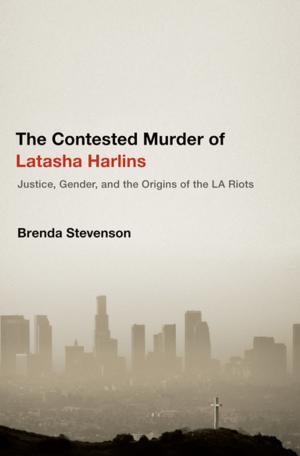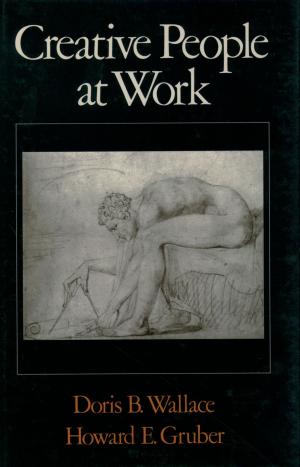A Catholic Modernity?
Charles Taylor's Marianist Award Lecture, with responses by William M. Shea, Rosemary Luling Haughton, George Marsden, and Jean Bethke Elshtain
Nonfiction, Religion & Spirituality, Christianity, Denominations, Catholic, Catholicism, Philosophy| Author: | ISBN: | 9780190285029 | |
| Publisher: | Oxford University Press | Publication: | September 30, 1999 |
| Imprint: | Oxford University Press | Language: | English |
| Author: | |
| ISBN: | 9780190285029 |
| Publisher: | Oxford University Press |
| Publication: | September 30, 1999 |
| Imprint: | Oxford University Press |
| Language: | English |
This book offers a series of reflections on the state of Christianity, and especially Catholicism, in the world today. The centerpiece of the volume is a lecture by the renowned philosopher Charles Taylor, from which the title of the book is taken. The lecture, delivered at Dayton University in January of 1996, offered Taylor the opportunity to speak about the religious dimensions of his intellectual commitment--dimensions left implicity in his philosophical writing. In fact, this is the only place where Taylor, a Roman Catholic, spells out his theological views and his sense of the cultural placement of Catholicism, its history and trajectory. He uses the occasion to argue against the common claim that obstacles to religious belief in modern culture are epistemic--that they have to do with the triumph of the scientific worldview. The real obstacles, says Taylor, are moral and spiritual, having to do with the historic failures of religious institutions. Four well-known commentators on religion and society, two Protestant, two Catholic, were invited to respond to Taylor's lecture: William M. Shea, George Marsden, Jean Bethke Elshtain, and Rosemary Luling-Haughton. Their chapters offer a variety of astute reflections on the tensions between religion and modernity, and in particular on the role that Catholicism can and should play in contemporary society. The volume concludes with Taylor's perceptive and thoughtful response to his interlocutors. A Catholic Modernity provides one of the most thoughtful conversations to date about the place of the Catholic Church in the modern world, and more generally, about the role of religion in democratic liberal societies.
This book offers a series of reflections on the state of Christianity, and especially Catholicism, in the world today. The centerpiece of the volume is a lecture by the renowned philosopher Charles Taylor, from which the title of the book is taken. The lecture, delivered at Dayton University in January of 1996, offered Taylor the opportunity to speak about the religious dimensions of his intellectual commitment--dimensions left implicity in his philosophical writing. In fact, this is the only place where Taylor, a Roman Catholic, spells out his theological views and his sense of the cultural placement of Catholicism, its history and trajectory. He uses the occasion to argue against the common claim that obstacles to religious belief in modern culture are epistemic--that they have to do with the triumph of the scientific worldview. The real obstacles, says Taylor, are moral and spiritual, having to do with the historic failures of religious institutions. Four well-known commentators on religion and society, two Protestant, two Catholic, were invited to respond to Taylor's lecture: William M. Shea, George Marsden, Jean Bethke Elshtain, and Rosemary Luling-Haughton. Their chapters offer a variety of astute reflections on the tensions between religion and modernity, and in particular on the role that Catholicism can and should play in contemporary society. The volume concludes with Taylor's perceptive and thoughtful response to his interlocutors. A Catholic Modernity provides one of the most thoughtful conversations to date about the place of the Catholic Church in the modern world, and more generally, about the role of religion in democratic liberal societies.
